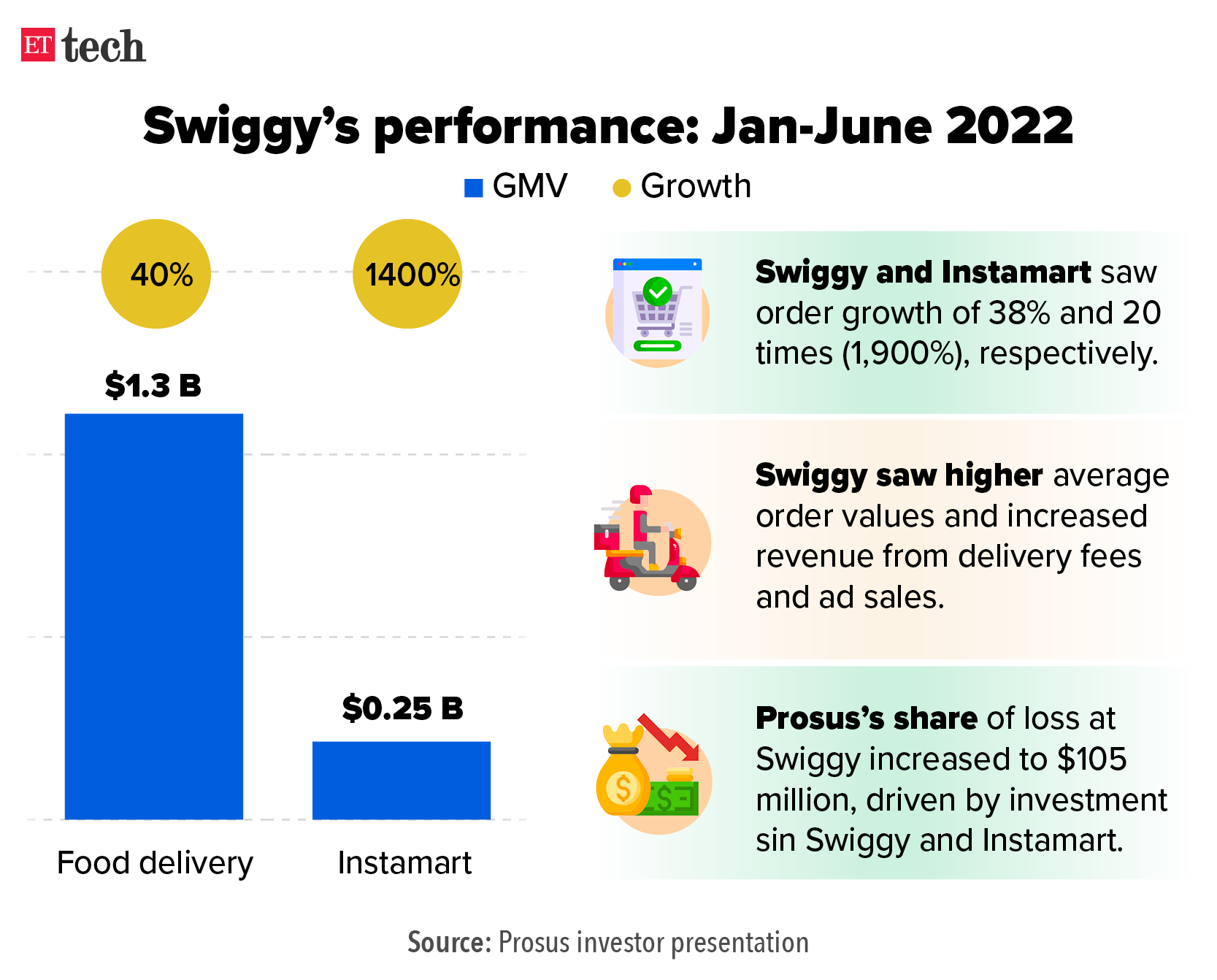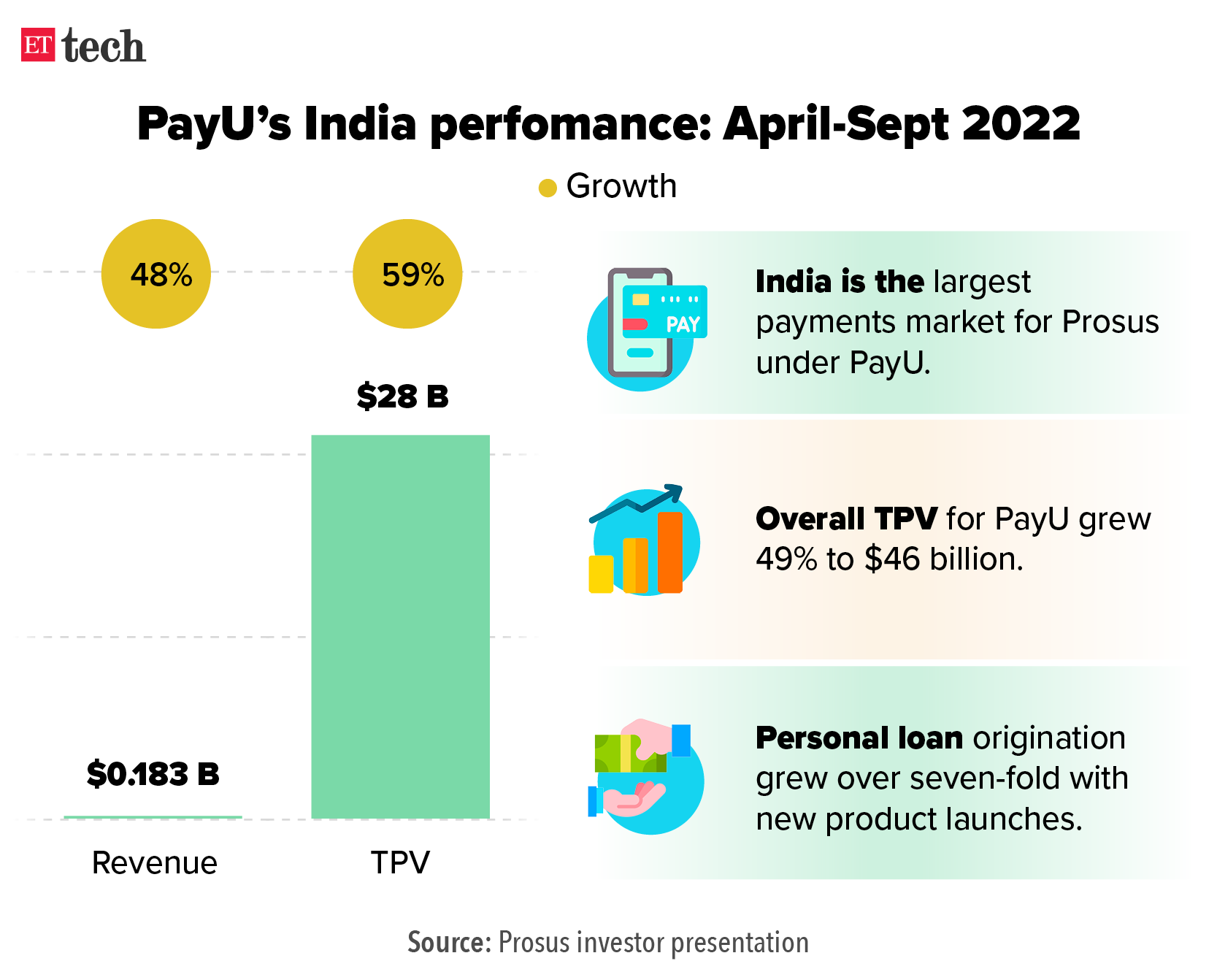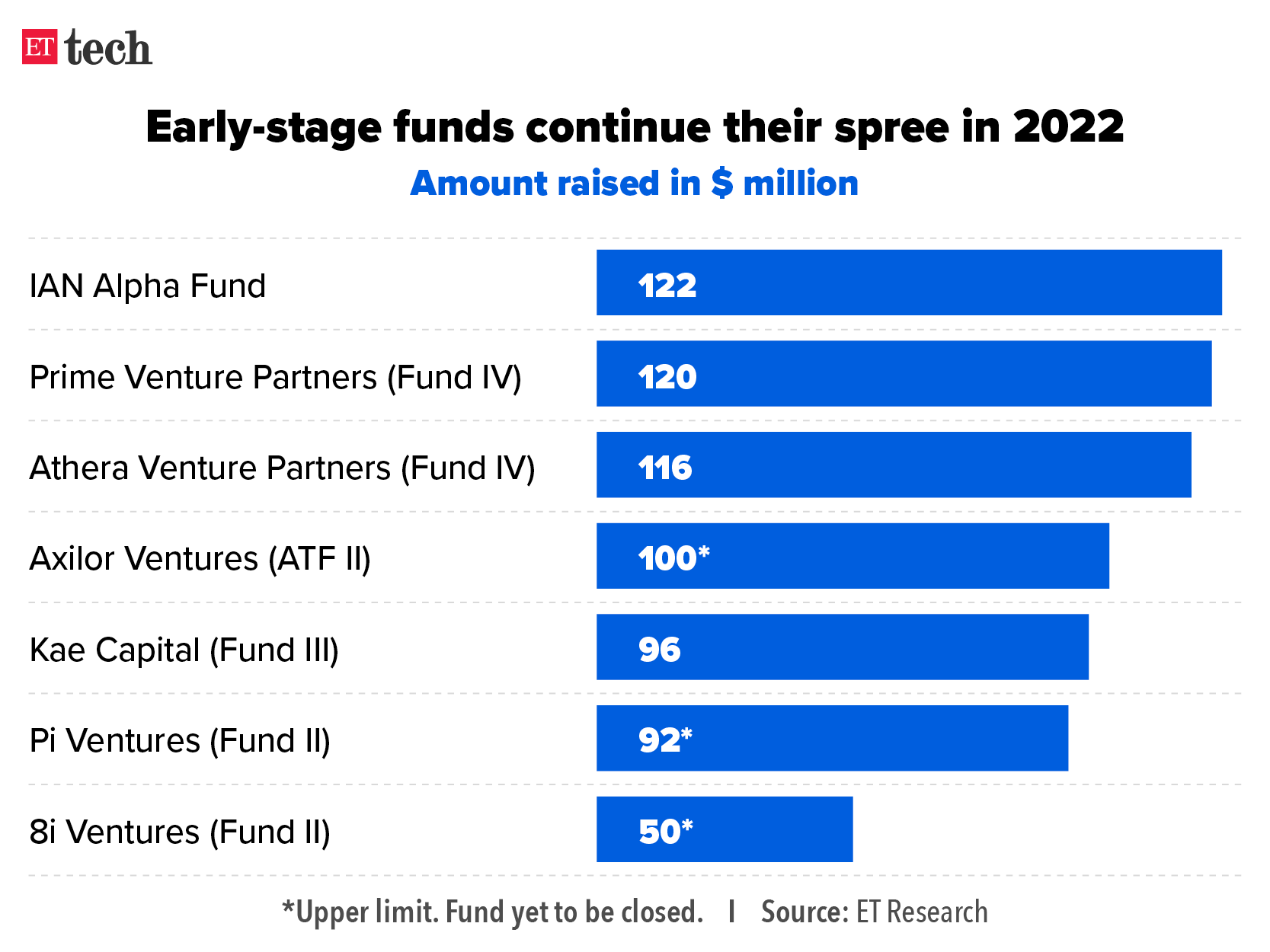Google may challenge CCI verdicts; Prosus says Swiggy, PayU showing strong growth
Also in this letter:
■ Prosus reports strong growth in Swiggy, Instamart, PayU
■ Kae Capital announces final close of Fund III at Rs 767 crore
■ K’taka to finalise convenience fee for app-based auto rides soon
Google may challenge CCI’s October verdicts on abuse of dominance

Google has flagged as “priority” the recent verdicts by India’s antitrust regulator that it abused its market dominance with Android and its Play Store billing system, sources told us, as the country is one of the largest markets for the tech giant.
Challenge incoming? Google is working on a strategy that may include challenging the two orders by the Competition Commission of India (CCI), they added.
The verdicts may hurt developers in the country as it means they may have to develop apps with different specifications for different app stores.
“The CCI ruling is very concerning, not just for the security risks that come with sideloading (of apps) but also the risk that the order makes vis-à-vis forked versions of Android,” one of the people said. Sideloading refers to manually installing apps outside of app stores using executable APK files.
Google has put in place a structure where the open-source ecosystem has a baseline level of compatibility, which lowers costs for developers to get their apps out on Google Play Store.
Going backwards: “If it now has to enable forked versions of Android, we’re actually going back to the 2000s, when the ecosystem was super-fragmented and developers were priced out of building apps for the ecosystem because there were so many different versions that they would have to build for,” the person added.
The ecosystem could end up like China’s, with several Android forks and “tons of user vulnerabilities with security”.
Catch up quick: On October 20, CCI fined Google Rs 1,337.76 crore for abusing its dominant position in multiple markets with Android. Five days later, it fined the company another Rs 936.44 crore for flouting multiple provisions of the Competition Act by making its in-house payment and billing system mandatory for paid apps and in-app purchases on the Play Store.
Prosus reports strong growth in Swiggy, Instamart, PayU in 2022

Prosus said on Wednesday it has seen strong growth in its food-delivery and fintech businesses in India – Swiggy and PayU, respectively.
Food delivery: Prosus said Swiggy’s food-delivery business clocked order growth and gross merchandise value (GMV) growth of 38% and 40%, respectively for the first six months of the calendar year 2022. Swiggy’s quick-commerce business Instamart saw order and GMV growth of 20 times and 15 times, respectively. Prosus owns a 33% stake in Swiggy.

Payments and fintech: Prosus also said its consolidated payments and fintech revenue grew 57% to $412 million between April and September 2022.

Revenue from payments in India grew 48% to $183 million, driven by digitisation in retail through ecommerce, and financial services.
Its credit operations in India, including LazyPay and Paysense, clocked revenues of $49 million in the first half of FY23, more than doubling from the same period last fiscal.
In October, Prosus scrapped its $4.7-billion deal to acquire payments firm BillDesk through PayU India, which would have been the second largest M&A in the Indian startup ecosystem.
Accounting change for Byju’s: As for Byju’s, another of its portfolio firms in India, Prosus said it stopped equity accounting for the firm in September 2022 as it lost its “significant influence” over Byju’s with a less than 10% stake in it.
“The group accounts for its 9.67% effective interest in Byju’s at fair value through other comprehensive income. The fair value of the Byju’s investment, subsequent to the loss of significant influence, $578 million,” it added.
Effectively, this is a change in accounting policy because of the loss of control in these firms, and not a markdown in the valuation.
A MESSAGE FROM ZS
ZS PRIZE healthcare challenge invites startups to solve for India

ZS, a global management consulting and technology firm, is inviting startups, students, innovators, and working professionals to apply for ZS PRIZE, an initiative to recognize, celebrate, and advance the most impactful tech-enabled healthcare innovations solving for India.
Here are some reasons why you should participate in ZS PRIZE:
#SolveForIndia: Once-in-a-lifetime opportunity to solve for India’s most pressing healthcare challenges and create real impact
- Prize money: ZS PRIZE has total prize amount to Rs 1.5 crore to be shared among the winners
- Eminent jury: Showcase solutions to a jury that boasts of some of the biggest names from the healthcare and tech industries
- Mentorship: In-depth expertise from within the healthcare industry through an in-built six-week mentorship program
- Recognition: Honour of winning the coveted ZS PRIZE and getting nation-wide recognition
Registrations will close late December 2022. Apply now.
ET Ecommerce Index
We’ve launched three indices – ET Ecommerce, ET Ecommerce Profitable, and ET Ecommerce Non-Profitable – to track the performance of recently listed tech firms. Here’s how they’ve fared so far.
Kae Capital announces final close of Fund III at Rs 767 crore

Early-stage venture capital firm Kae Capital has marked the final close for its latest fund, Fund III, at Rs 767 crore.
Investors: The company’s third fund attracted several international and domestic institutional investors including the likes of Old Mutual Wealth, Velo Partners, Finext, HDFC Holdings and SIDBI.
Several Indian entrepreneurs have also backed the fund, including BookMyShow cofounder Ashish Hemrajani, Nazara Technologies’ Nitish Mittersain, Fractal Analytics’ Srikanth Velamakanni, MakeMyTrip’s Deep Kalra, and Jupiter’s Jitendra Gupta, and family offices of Infosys cofounder Kris Gopalakrishnan (Pratithi) and Hero Enterprise chairman Sunil Kant Munjal.
Almost 60% of the total corpus raised by Kae for its latest fund is from domestic investors.

What’s the plan? With the third fund, Kae Capital is expected to continue its pace of investments and fund about 25 early-stage startups over the next two years. It has already made close to 11 new investments through Fund III, including the likes of skincare brand Foxtale, analytics platform Hatica and gold loan provider Bold Finance.
TWEET OF THE DAY
Karnataka to finalise convenience fee for app-based auto rides soon

The Karnataka government will finalise in a day or two the convenience fee that app-based aggregators can charge customers who book auto rides through their platforms, senior government officials told us.
Court case: Karnataka’s transport department must file an affidavit before the high court on Friday on how much companies such as Uber and Ola can collect from users who book auto rides on their apps.
The court is hearing writ petitions filed by Uber and Ola, challenging an October 6 order by the transport department, which asked them to stop offering auto rides in Bengaluru. The order followed media reports saying the aggregators were charging minimum fares of up to Rs 100, while the state had capped the base fare at Rs 30.
The aggregators, however, have been accepting bookings for auto rides on the strength of an interim order issued by the high court on October 14, which capped the convenience fee at 10%, exclusive of GST. The case will come up for hearing before Justice CM Poonacha on Monday.
Online sales now account for 26-50% of top fashion brands’ business

The way India shops for fashion has changed substantially since the outbreak of the Covid-19 pandemic.
Online purchase of shirts, jackets, dresses, tops, jeans, sneakers and boots now accounts for 26-50% of total sales for some of the largest fashion brands in the country, busting the myth that touch and feel are critical factors in fashion purchases.
By the numbers: Puma India’s online sales account for half of its total business, while the share of online sales for H&M is 42%, Marks and Spencer 25%, Woodlands 35%, and Arvind Fashions 26, according to company executives or the latest regulatory disclosures by these companies. This is in stark contrast to 2019-20, when online sales accounted for 5-10% of total business for some brands.
Consumer habits have changed, according to company executives, and online shopping for fashion has surged not just in urban markets but in smaller towns as well.
Other Top Stories By Our Reporters

CoinSwitch launches multi-exchange platform for crypto pros: Tiger Global-backed cryptocurrency platform CoinSwitch on Wednesday announced the launch of CoinSwitch Pro, a multi-exchange trading platform for advanced crypto traders. While the CoinSwitch app allows users to buy and sell cryptocurrencies with a trade limit of Rs 2.5 lakh per order, the new desktop-only platform allows traders a limit of Rs 10 lakh per order.
Glance Gaming doubles users in three quarters: Glance Gaming, a part of consumer internet company Glance, has more than doubled its active user base in three quarters, according to the Glance Gaming Trends Report, 2022. The report said monthly active users increased by 116%, from 30 million in January to 65 million in October.
Global Picks We Are Reading
■ Elon Musk’s Twitter risks big fines from US regulators (Wired)
■ Uber abandons its growth-at-all-cost strategy in Pakistan (Rest of World)
■ iPhone factory workers clash with police at Covid-hit plant in China (WSJ)
For all the latest Technology News Click Here

